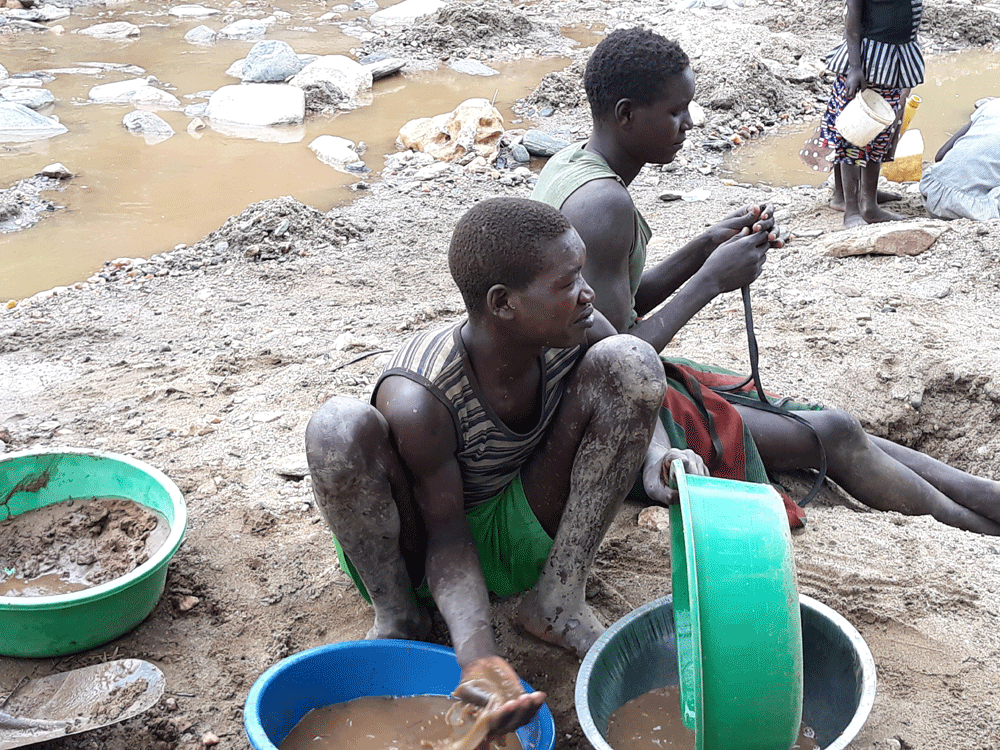Prime
Lake Victoria is a $50 billion zone. When are we cashing in?

Author, Charles Onyango Obbo. PHOTO/FILE
What you need to know:
- "Opening the lake to development as a leisure travel platform will require imagination, and a tweaking of the laws"
A story in the latest issue of the East African, also republished in Daily Monitor, titled “Tanzania, Kenya in fight for lucrative Uganda petroleum trade”, tells the story of the two neighbours jockeying at their coastal ports, rail, roads, and increasingly over Lake Victoria, to get a slice of Uganda’s petroleum business. It is the kind of big picture story, examining East African countries’ geo-economic game play, that we get very little of these days.
What was notable in the report, is that Lake Nalubaale (Victoria) is finally emerging an important economic platform, after decades of decline.
Kisumu port, it reported, supplies Kampala with up to six million litres of petroleum products monthly, using the MV Uhuru I, and there is a plan to increase the volume once Kenya completes building its second wagon ferry MV Uhuru II.
In the five months to May, Kenya’s 180-tonne, 91-metre MV Uhuru cargo carrier made 26 round trips to Ugandan ports, moving over 50 million litres of fuel. The story added that; “Nairobi has been pushing for the actualisation of its multimodal Lake Victoria transport system to serve the region, but this has been dragged down by Kampala’s delay in completing its oil jetty [at Port Bell] and refurbishing its ports.”
In Tanzania, we read that; “The $38.72 million MV Mwanza Hapa Kazi Tu…is scheduled for completion by December next year. “President Samia also inaugurated a $15.53 million slipway at the Mwanza South port that will facilitate further ship construction projects for Lake Victoria. She said the aim was to make Mwanza a major hub of marine business in the Great Lakes region once the SGR project is complete, considering its strategic positioning.
“Tanzania already has two major ships serving all three countries that share Lake Victoria — MV Victoria with a carrying capacity of 1,200 passengers and 200 tonnes of cargo, and MV Butiama with the capacity to carry 200 passengers and 100 tonnes of cargo.” However, though promising, the real wealth of Lake Nalubaale, the one that can create new economic opportunities for the region’s exploding youthful population, might just like beyond transport and the fish in its waters. Lake Victoria is the second-largest freshwater lake in the world, and the largest freshwater lake in Africa. The volume of the lake is mind-boggling, about three quadrillion (3,000,000,000,000,000) litres of water.
The man who will regale you with amazing tales of Lake Nalubaale potential is Dr. Ally-Said Matano, the Executive Secretary of East African Community’s Lake Victoria Basin Commission.
At Nation Media Group’s Kusi Ideas Festival in Kisumu last December, he noted that; “The [Lake Victoria] Basin is home to 40 million people, and apart from Kisumu includes big cities like Kampala, Entebbe, Jinja, Mwanza and Bukoba.”
But what really got the money people’s attention was his statement that the “The Lake Victoria economic zone has an economic potential of $50 billion that has not yet been exploited. To change this would take a change in ‘heartware’: the political and citizen goodwill; ‘software’ in the form of sound policies, and ‘hardware’ in terms of serious investment in infrastructure.” In September this year Egypt will debut AmaDahlia, a new river cruise vessel on the River Nile. Egypt makes several times more money ferrying tourists up and down the Nile than all East African countries combined do from leisure on Nalubaale, the “source” of the Nile.
Opening the lake to development as a leisure travel platform will require imagination, and a tweaking of the laws. Consider again what happens on two lakes, Nalubaale and Lake Geneva.
The Bol d’Or Mirabaud, which is run on Lake Geneva, is considered the world’s most important inland lake boat race. Nearly 500 boats enter the race, and a lot of money flows. Lake Geneva is 580 square kilometres, meaning that at 68,800 square kilometres, Lake Nalubaale is nearly 120 times bigger. The possibilities to hold a spectacular boat race on Nalubaale awaits. Right now, mostly fishermen in rickety boats row it. According to Kisumu County governor Prof. Anyang Nyong’o, on average 5,400 of them drown in the lake every year.
It needs major financial investment, but perhaps more important, to begin to get a big cross-border boat race, Uganda, Tanzania, and Kenya will need to make new laws on common use of Nalubaale’s waters. But there needs to be something that brings daily traffic to the lake. We could have a kind of Macau, one of China’s small autonomous territories, which is one of the world’s hot gambling hotspots. But instead of gambling, a few islands could be granted special economic status, and developed as clean energy research enclaves, scuba diving or bird watching havens. It needs the Lake Basin countries to bring their A game to the table and work collectively. Who should we call? Samia Suluhu Hassan?
Mr Onyango-Obbo is a journalist, writer and curator of the “Wall of Great Africans”. Twitter@cobbo3





